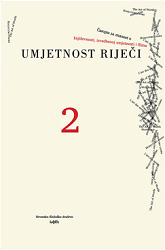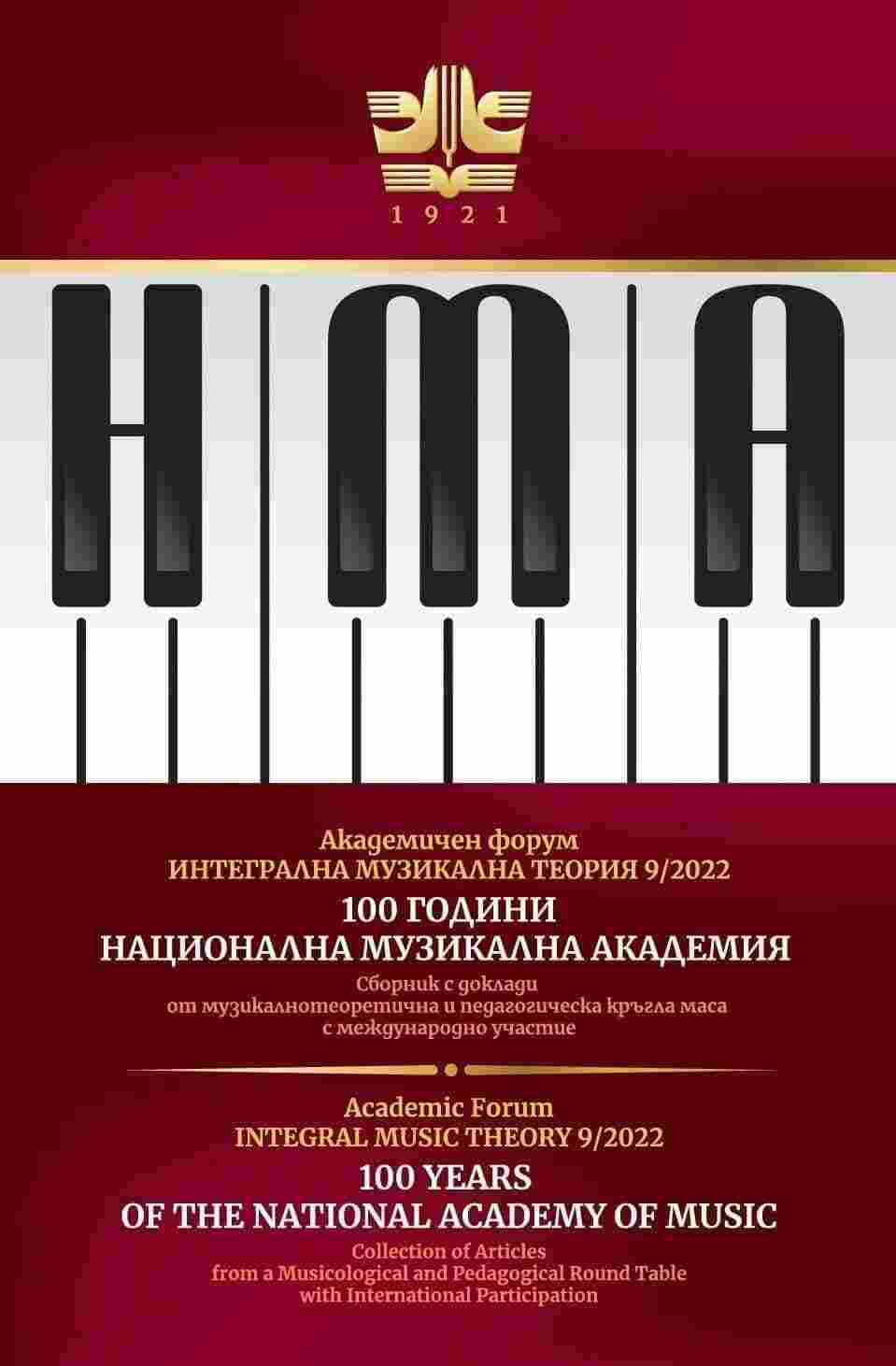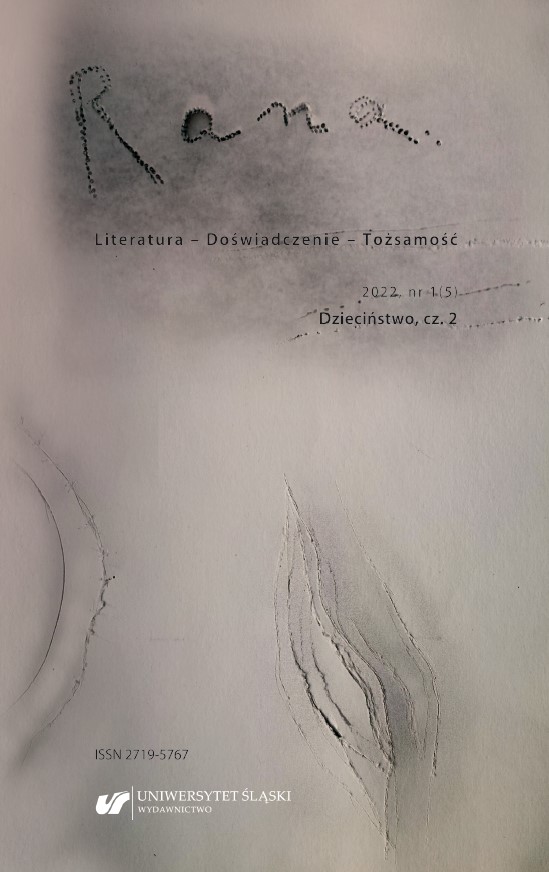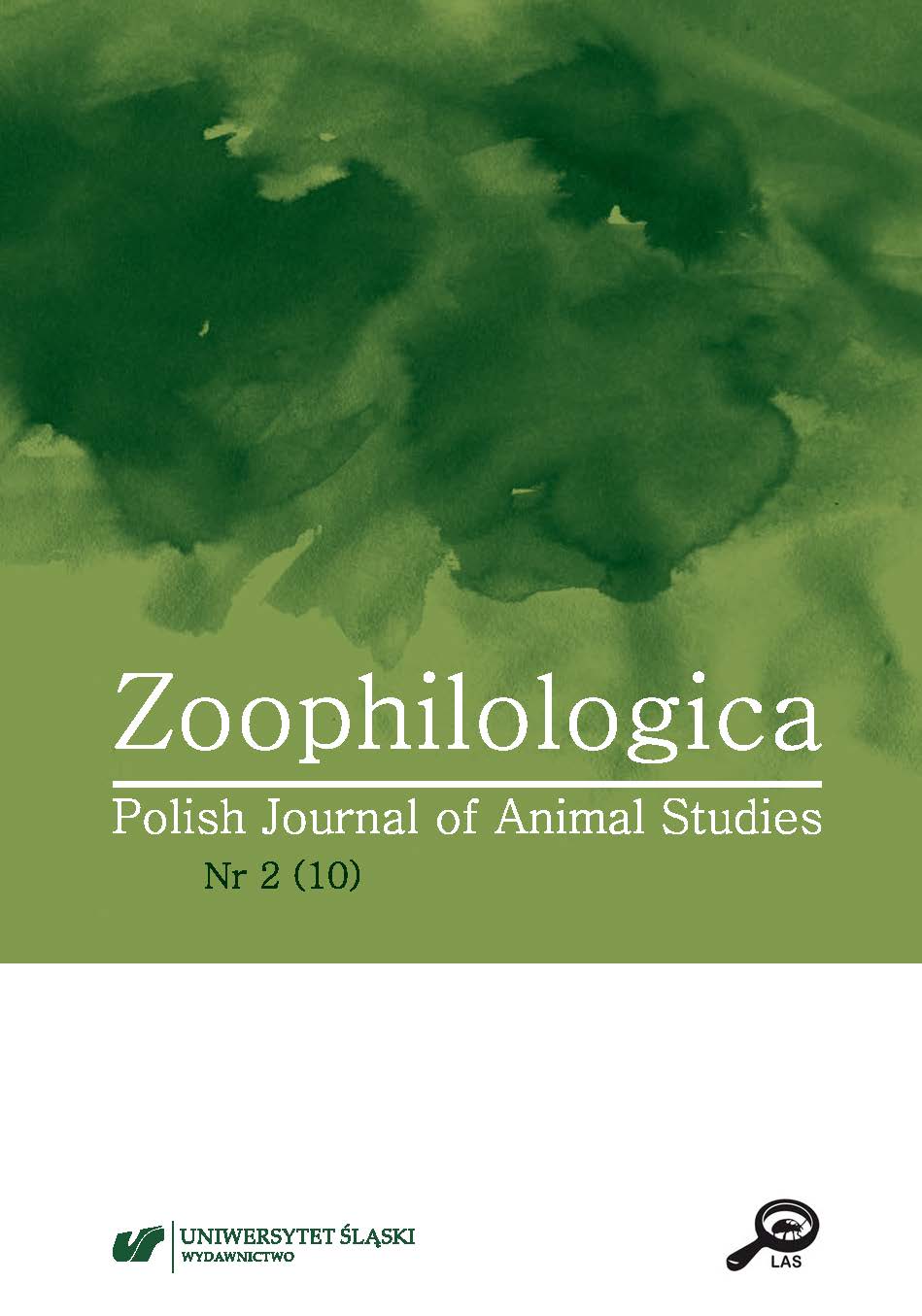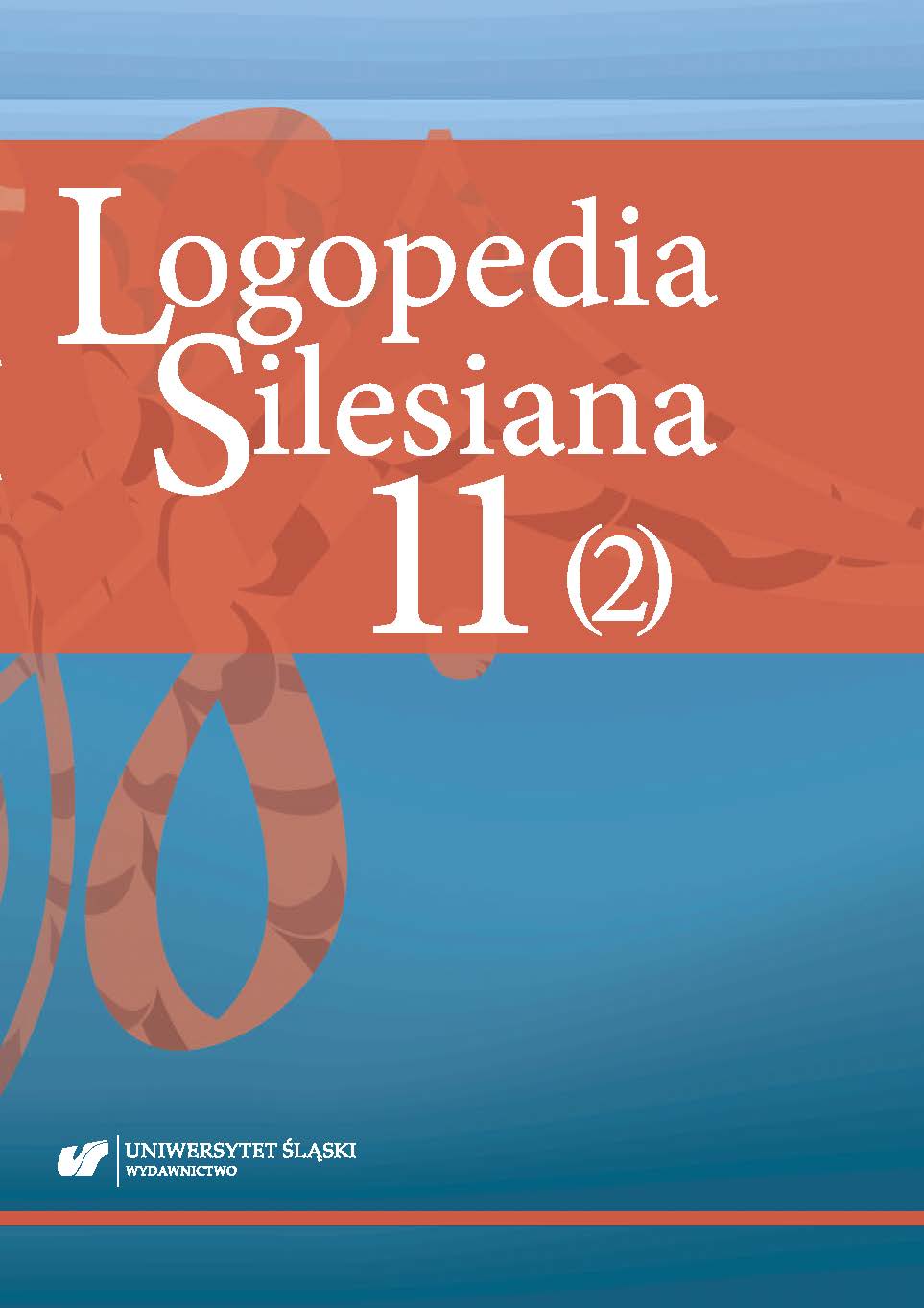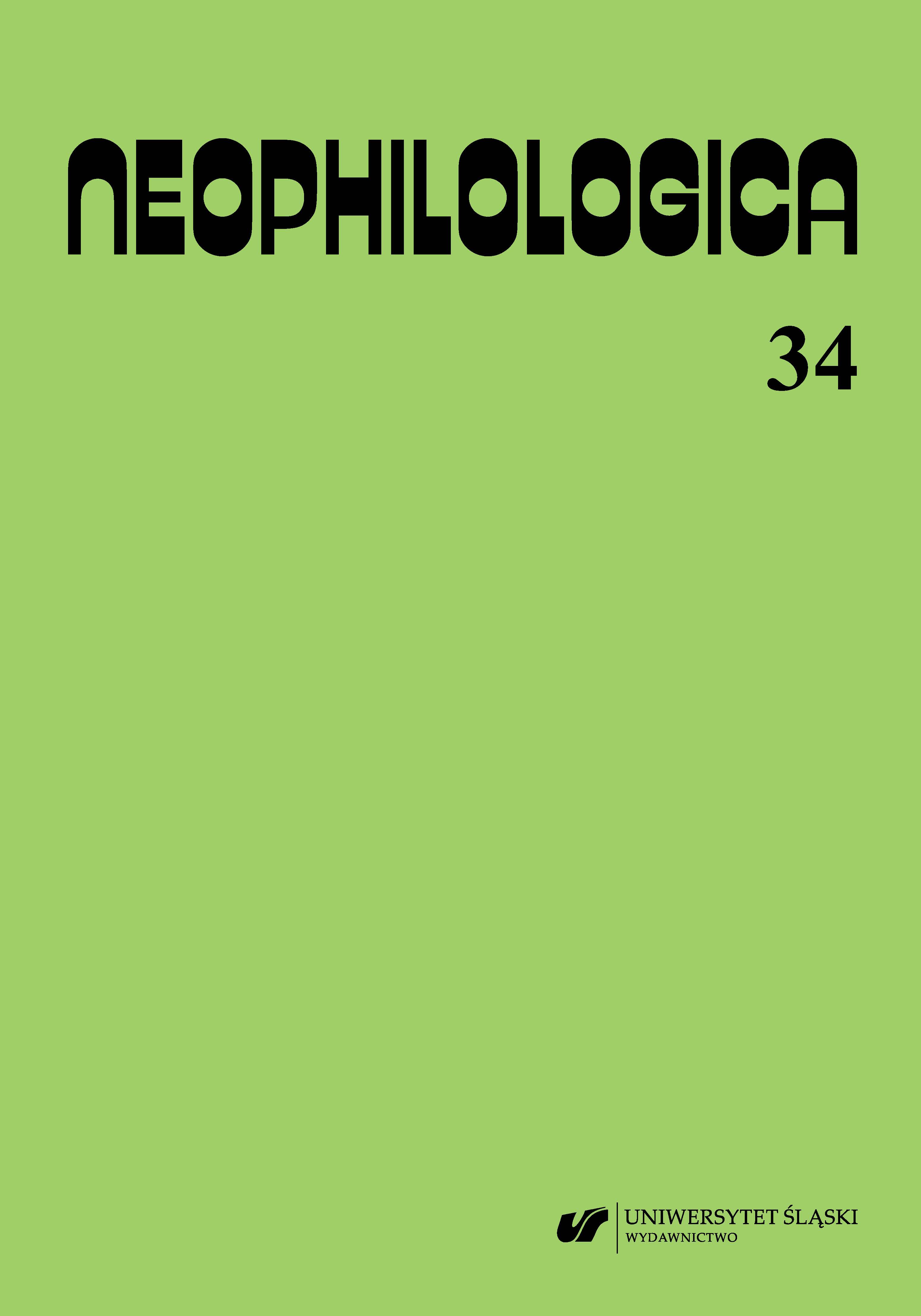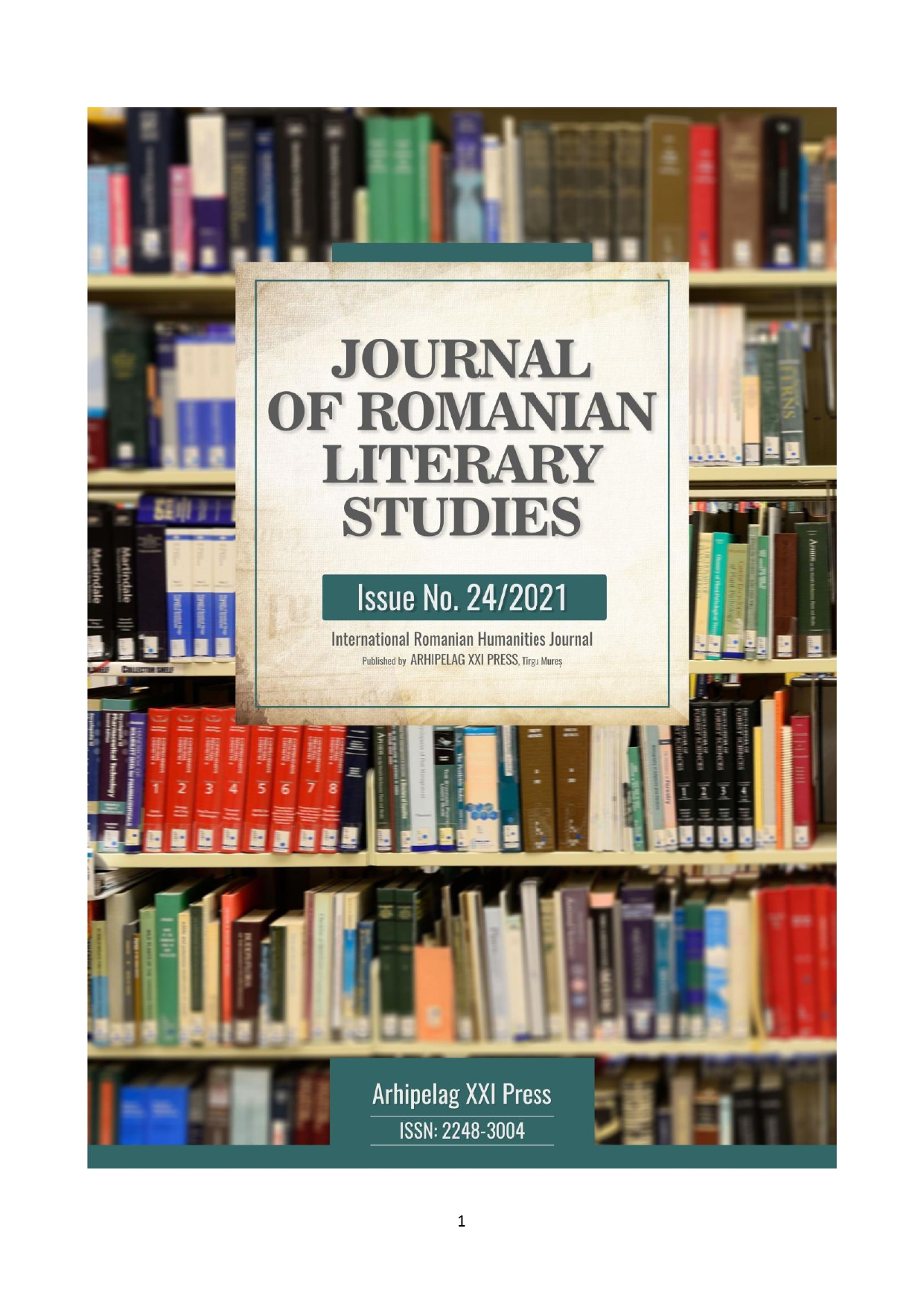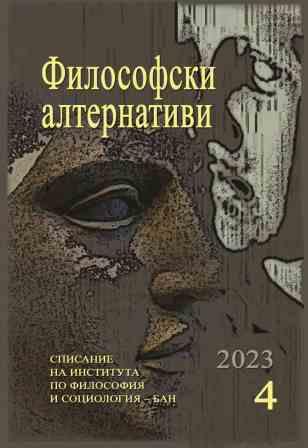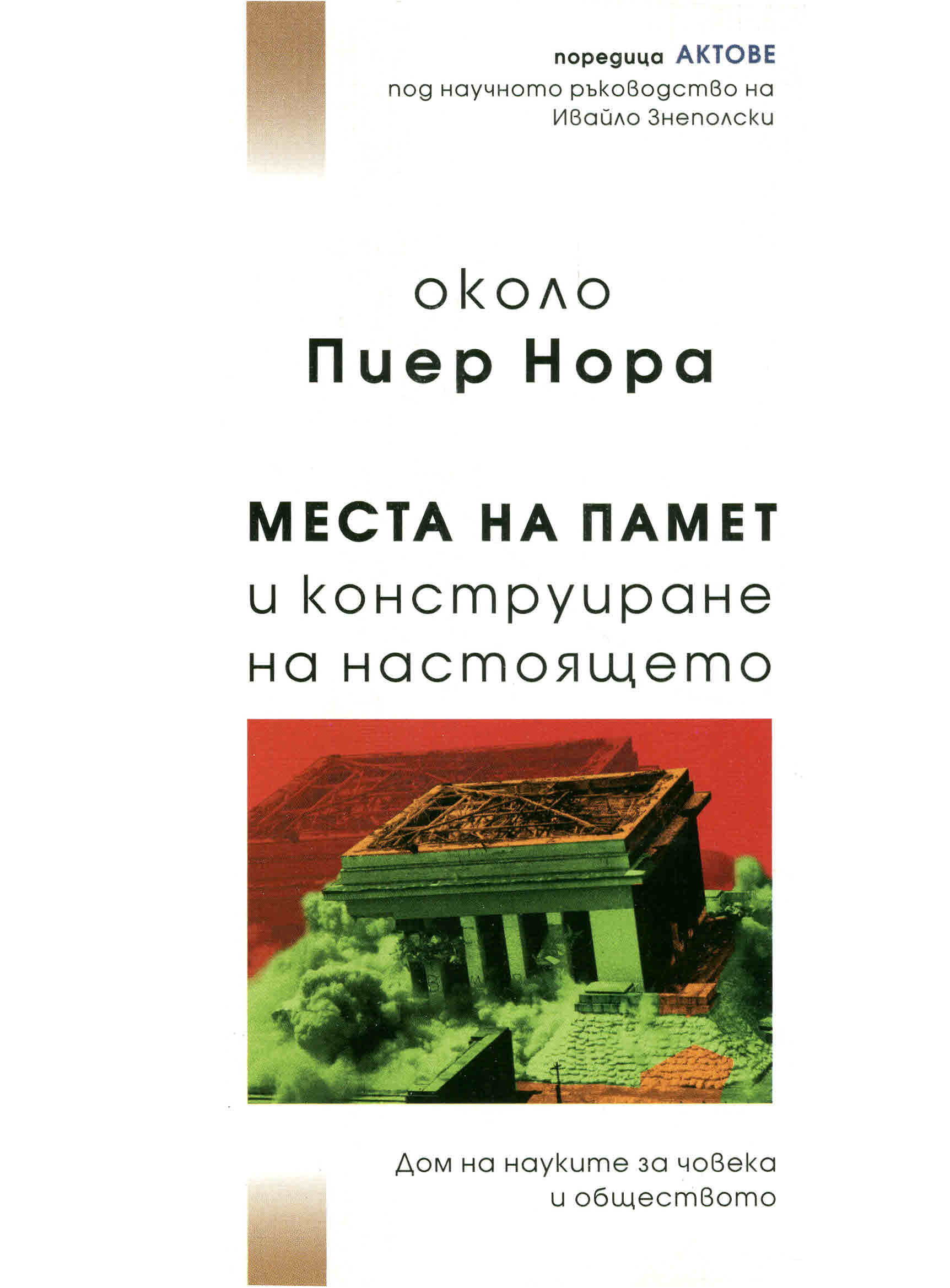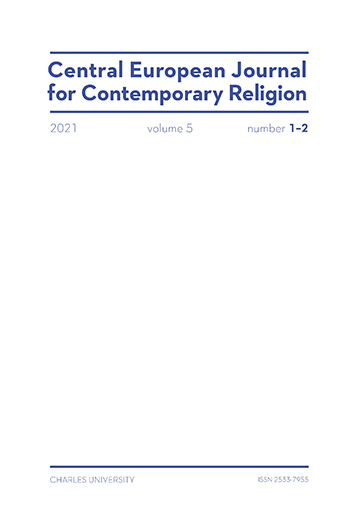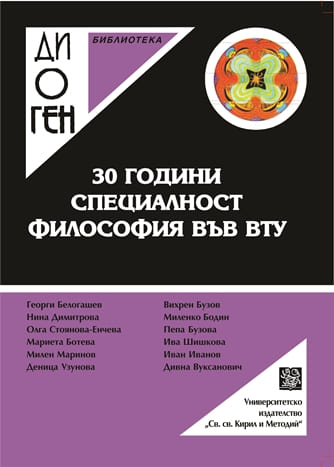
Архетиповете на Юнг и ейдосите на Платон – атомите на душата
This article attempts to reveal the relationship between Jung’s Archetypes and Plato’s Eidos. The thesis is advocated that, in the system of the individual psyche, the archetypal variety forms a two-unit hierarchy, representing the metamorphosis of primordial images into ideas and conditioning the 𝑛𝑎𝑡𝑢𝑟𝑒-𝑐𝑢𝑙𝑡𝑢𝑟𝑒 relationship.
More...
